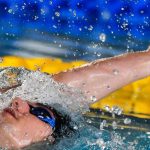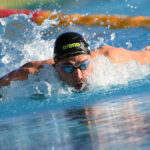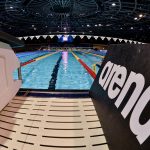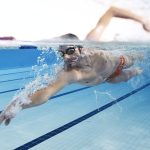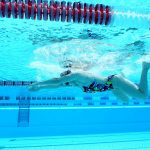Overcome your fear of open-water swimming!
Open-water swimming is not always easy for those used to swimming with their eyes fixed on the black line along the bottom of the pool.
So, even though the triathlon and open-water swimming season will not be starting for some time yet, we would like to give you a few good tips about how to prepare for your first races. The sooner you overcome your fear, the more specific your preparation will be and the better you will perform in your races.
The first step is to stop avoiding what you are afraid of and to face up to your fears.
An invaluable piece of advice is to “simulate and isolate”, this can make everything less stressful.
- Work on your swimming technique, isolate the problem and simulate what might happen in a race. Breathing on either side is extremely important in open-water swimming, so learn how to count to 3. As we all know, three is the perfect number. Breathing every stroke will leave you imbalanced, while breathing every 5 or every 7 strokes might be complicated if you are an inexperienced swimmer.
Always incorporates breathing exercises in your training sessions, such as 6/8 x 50 m freestyle breathing every 3 strokes for the first 25 m and then every 5 strokes for the second 25 m with 20” rest.
The second step is to recognise any signals coming from your brain.
Our brain has an irrational, paranoiac and extremely emotional side that thinks catastrophically. It is one of the oldest parts of the brain and it is the source of the fight or flight response and also the source of all our instincts, drives and pleasure. Evolution has given it incredible powers, such as the ability to take in and process information much more quickly than the rest of our brain and the ability to warn the rational brain so as to force it to think more quickly when our life is in danger.
- Allowing free vent to your “irrational ego” for a few minutes might be a good tactic. After a few minutes it will calm down and the rational part will regain control. After all, you are only taking part in a triathlon race.
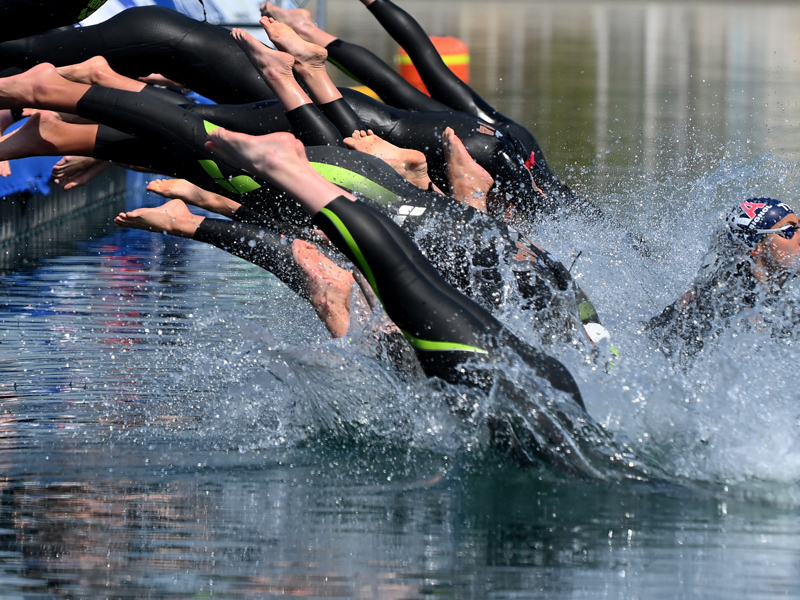
The third step is to use self-talk and mental imagery.
After regaining control of your brain, make use of the “facts” and “logic”.
- Talk to yourself and use two techniques: 1. acknowledge the fact that “I have trained well”; “I have learned how to maintain the right pace in the water”; “nothing in the race can surprise me”.
- use logic in your approach to the race, for example when choosing your race tactics or selecting the right pace.
The final step is to be prepared and find a way to overcome any difficulties that might arise.
Preparation is vital, so train to make sure you are ready to take on the swim leg to the best of your ability. Training that is not geared to your goal will have a cascading effect on your physical, mental and motivational preparation.
- Mainly train in the pool, because recreating open-water conditions is almost impossible. Learn how to change pace and work at faster paces. This will help you when you are swimming in a group. Incorporate drills that will be useful in a race, such as bilateral breathing, alternate breathing or breathing with your head above the water.
If you still have doubts, try reading some of our previous articles, such as Learn all about open water swimming or Open water races: a survival handbook: you will find some excellent advice about the best possible physical preparation.
—————
Are you looking for perfect clothing for your training? Take a look here!
Written by:
arena coaches
Swim coaches, trainers and experts will give you all kinds of tips for performing at your best in both training and races.
